Quiz Nature
Last Updated:
IMPROVE YOUR KNOWLEDGE WITH OUR NATURE QUIZ
Are you a nature enthusiast? We offer a collection of nature quizzes to test your knowledge on various topics, such as animals, plants, ecosystems, climate, etc.
Our nature quizzes are a fun and informative way to learn more about the natural world around us. With our selection of questions on different topics, you can test your knowledge about nature and biodiversity. Do you know the animals that live in tropical forests? Can you identify the different species of birds? Can you name the different geological formations? Our nature quizzes are here to help you answer these questions and expand your knowledge of nature.
Our nature quizzes will help you discover new animals and plants, and learn about the world’s most important ecosystems. Nature quizzes are a fun way to reinforce your knowledge and discover the beauty and complexity of nature. So if you are a nature enthusiast or just curious, come test your knowledge with our nature quizzes.
nature
/ 10
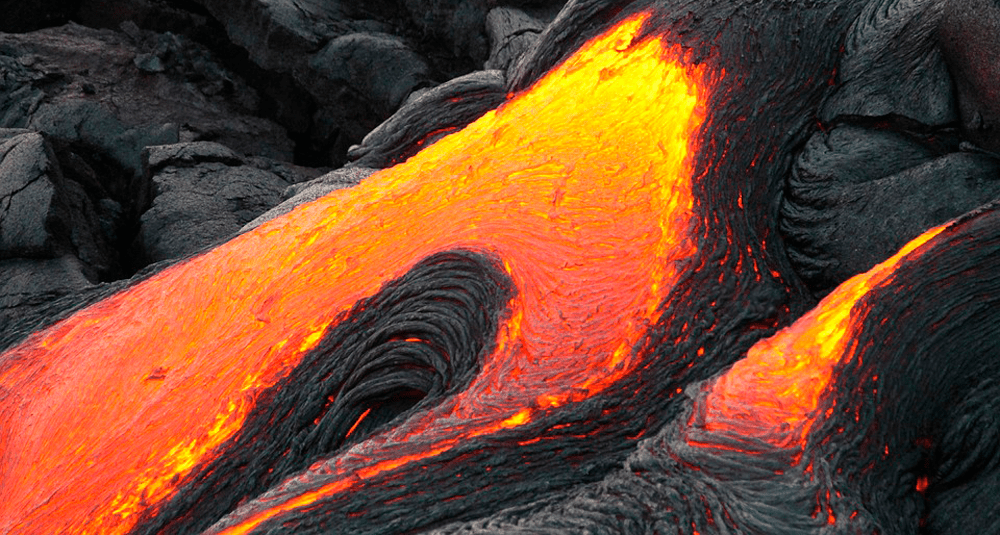
What is the longest lava flow?
2Undara
1Ambrym

🙌 Good answer
The longest lava flow is in Undara, Australia with a length of 160 kilometres.
Next question

😞 Wrong answer
The longest lava flow is in Undara, Australia with a length of 160 kilometres.
Next question
nature
/ 10

Are bonobos threatened with extinction?
1Yes
2No

🙌 Good answer
Yes, bonobos are considered an endangered species. According to the International Union for Conservation of Nature (IUCN), there are currently about 10,000 bonobos in the world.
Next question

😞 Wrong answer
Yes, bonobos are considered an endangered species. According to the International Union for Conservation of Nature (IUCN), there are currently about 10,000 bonobos in the world.
Next question
nature
/ 10
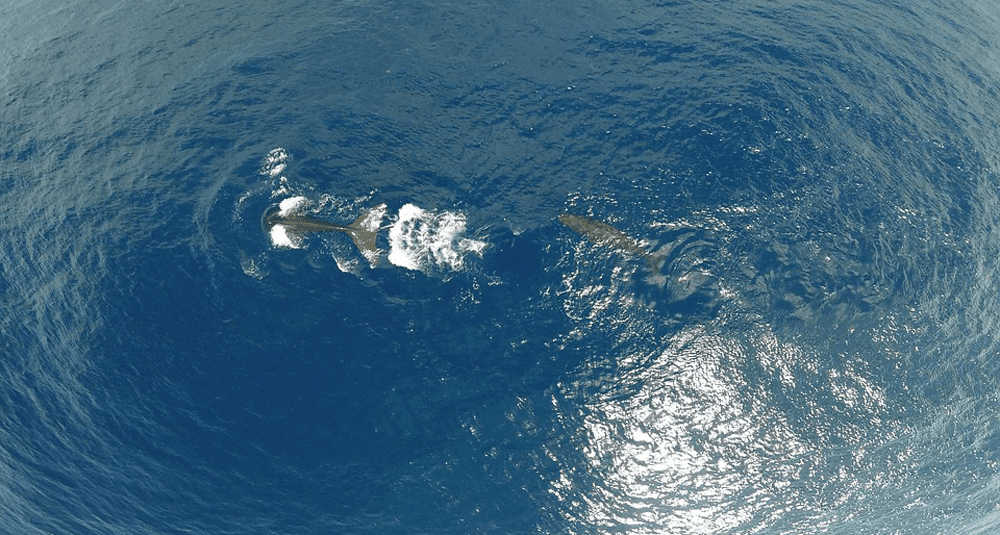
Are sperm whales mysticetes or odontocetes?
2Odontocetes
1Mysticetes

🙌 Good answer
Sperm whales are odontocetes. Unlike mysticetes, they have teeth and are the largest members of this cetacean suborder.
Next question

😞 Wrong answer
Sperm whales are odontocetes. Unlike mysticetes, they have teeth and are the largest members of this cetacean suborder.
Next question
nature
/ 10
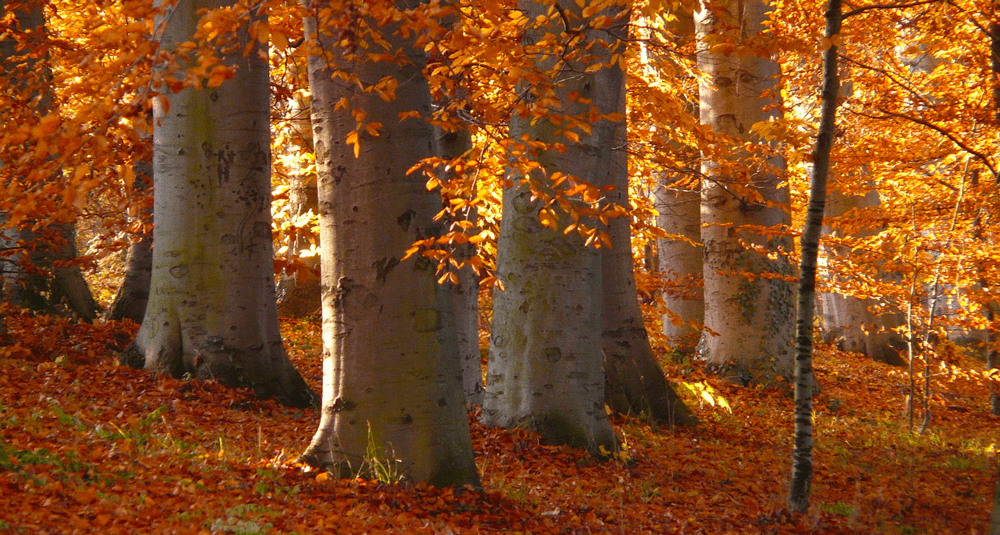
What is the fruit of the beech tree?
1The ridge
2The acorn

🙌 Good answer
The ridge is the fruit of the beech tree. The ridge is the harvesting of the beech trees, it also refers to the natural sowing of beech trees in forestry.
Next question

😞 Wrong answer
The ridge is the fruit of the beech tree. The ridge is the harvesting of the beech trees, it also refers to the natural sowing of beech trees in forestry.
Next question
nature
/ 10
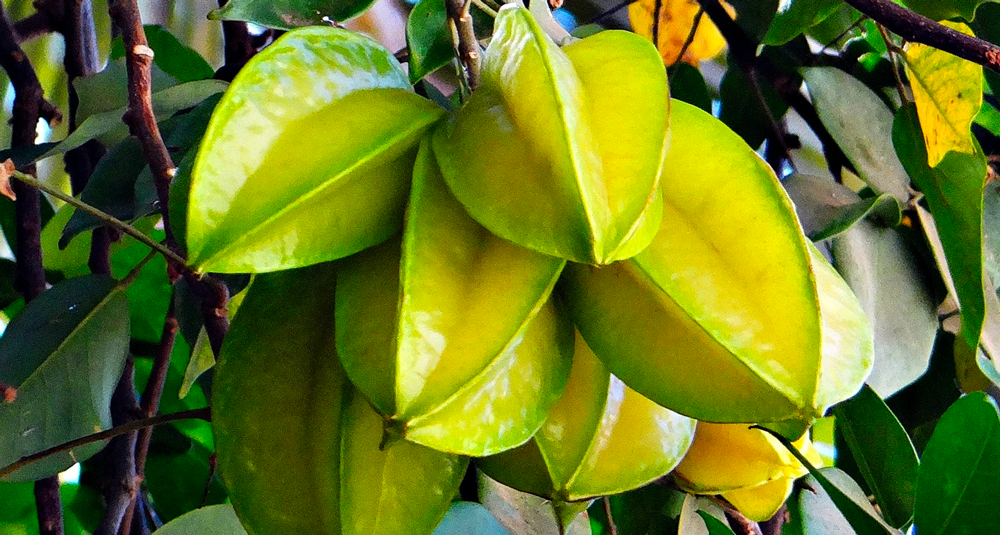
What is the continent of origin of the averrhoa carambola?
1Asia
2South America

🙌 Good answer
The carambola tree is a tree of tropical regions, native to Asia whose fruit is the starfruit or apple of Goa.
Next question

😞 Wrong answer
The carambola tree is a tree of tropical regions, native to Asia whose fruit is the starfruit or apple of Goa.
Next question
nature
/ 10

What is the other name for the ranunculus acris?
1Buttercup
2Daffodil

🙌 Good answer
The ranunculus acris is an herbaceous plant of the Renonculataceae family. It is commonly known as "buttercup", although it also refers to several species of yellow-flowered buttercup.
Next question

😞 Wrong answer
The ranunculus acris is an herbaceous plant of the Renonculataceae family. It is commonly known as "buttercup", although it also refers to several species of yellow-flowered buttercup.
Next question
nature
/ 10
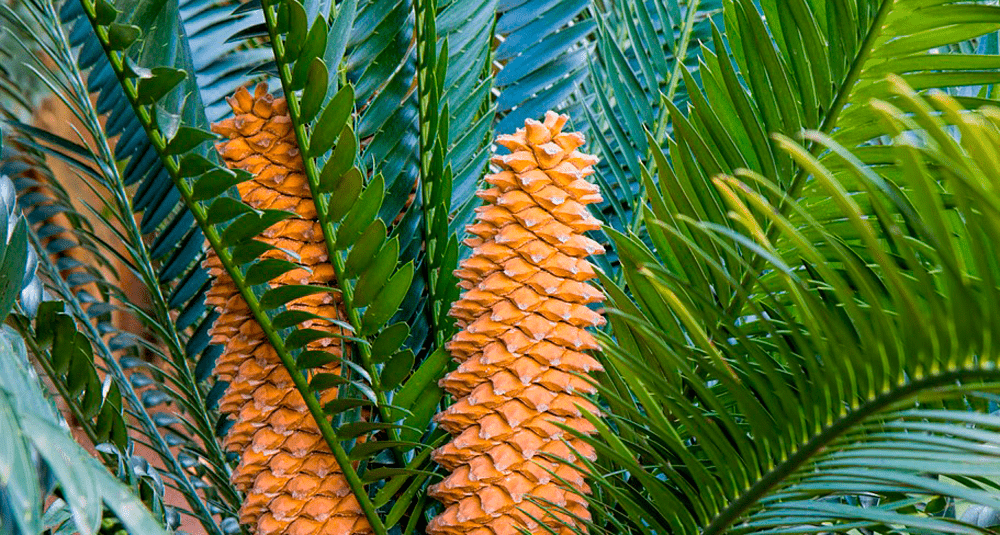
Are cycas conifers?
2No
1Yes

🙌 Good answer
No, cycas are not conifers, but primitive gymnosperms. They look like palms, but belong to a different botanical class.
Next question

😞 Wrong answer
No, cycas are not conifers, but primitive gymnosperms. They look like palms, but belong to a different botanical class.
Next question
nature
/ 10
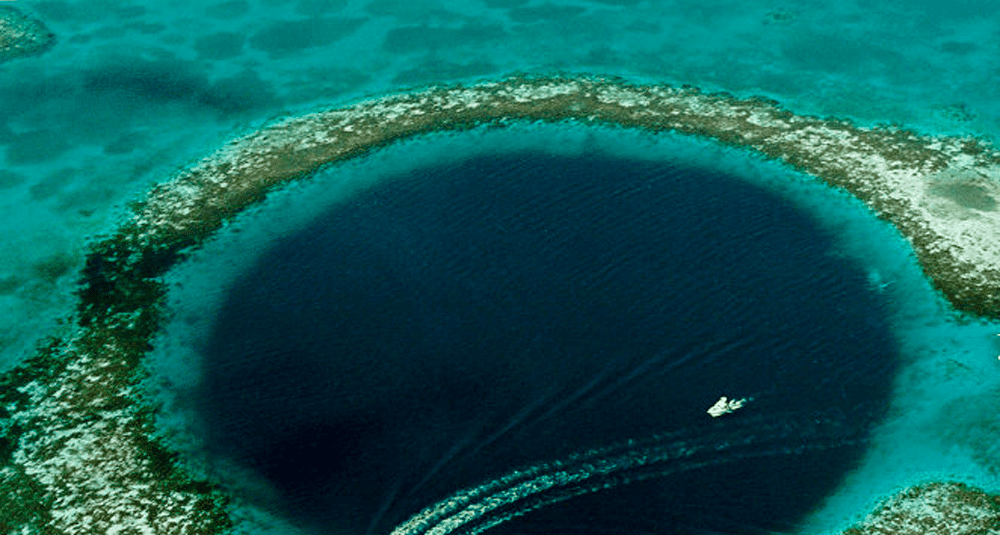
Where is the Great Blue Hole located?
1Belize
2Madagascar

🙌 Good answer
The Great Blue Hole is an underwater cenote located off the coast of Belize, Central America. It is part of the Lighthouse Reef and is protected within the Belizean reef.
Next question

😞 Wrong answer
The Great Blue Hole is an underwater cenote located off the coast of Belize, Central America. It is part of the Lighthouse Reef and is protected within the Belizean reef.
Next question
nature
/ 10
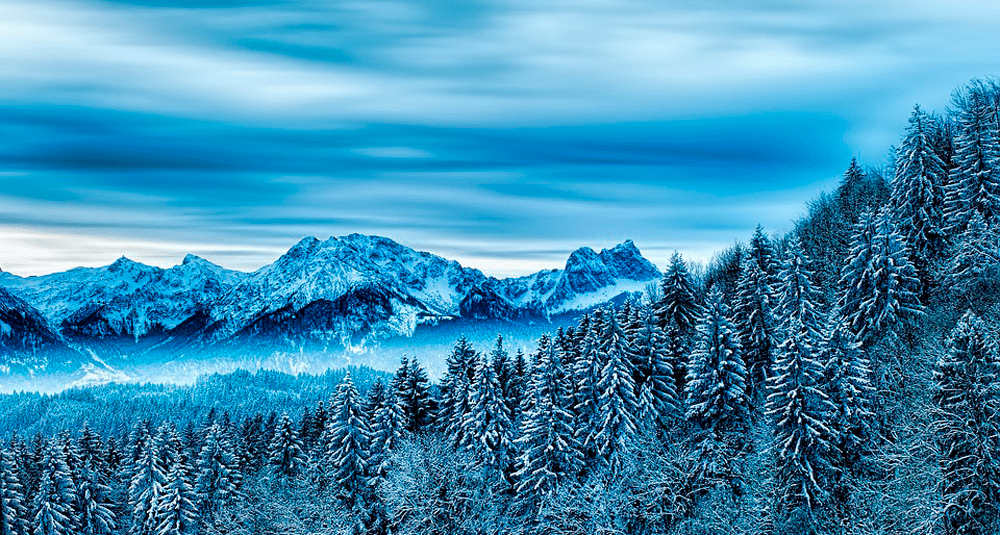
What conifer loses its thorns in winter?
2Larch
1Cypress

🙌 Good answer
The larch is a deciduous conifer that sheds its needles in autumn, unlike most evergreen trees.
Next question

😞 Wrong answer
The larch is a deciduous conifer that sheds its needles in autumn, unlike most evergreen trees.
Next question
nature
/ 10
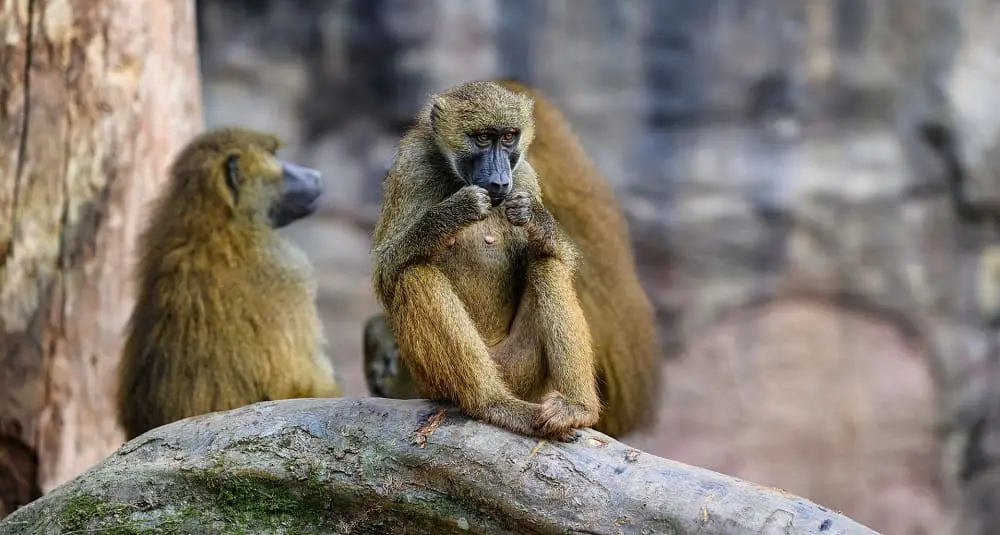
Why do baboons have red butts?
1Fertility
2Maturity

🙌 Good answer
Baboons' red butts serve to signal their fertility status to other members of the group, who can then know when the females are ready to breed.
Next question

😞 Wrong answer
Baboons' red butts serve to signal their fertility status to other members of the group, who can then know when the females are ready to breed.
Next question



